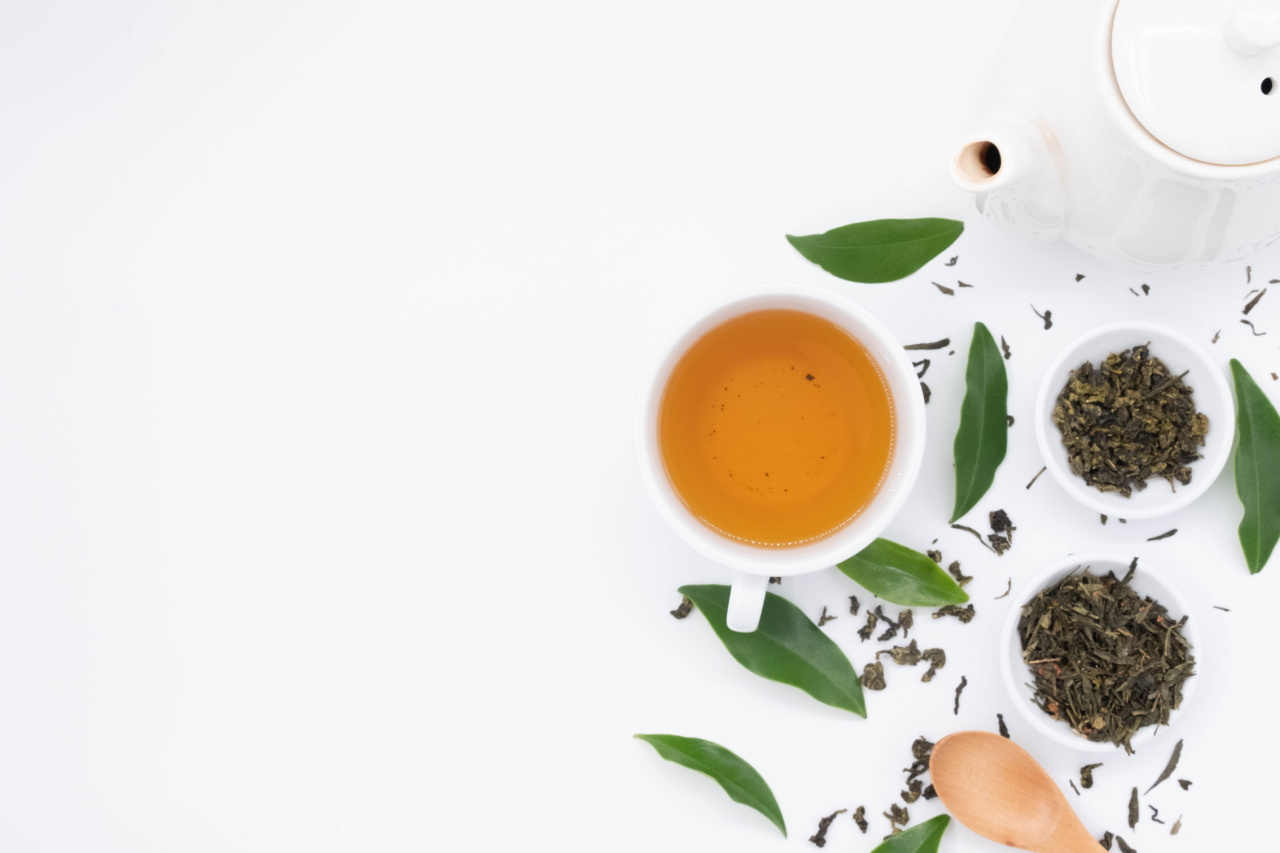When winter arrives, it brings along with it a host of ailments and conditions that can weaken our immune system.
As the temperatures drop, it becomes essential to take proactive steps to boost our immune system and protect ourselves from colds, flu, and other illnesses. One natural and effective way to strengthen our immunity during winter is by incorporating herbal teas into our daily routine.
Herbal teas are not only delicious and comforting but are also packed with nutrients and antioxidants that can help fortify our bodies against winter infections. In this article, we will explore 5 must-try herbal tea recipes that can bolster your immune system and keep you healthy throughout the winter season.
1. Ginger and Lemon Tea
Ginger and lemon are powerful ingredients that have been used in traditional medicine for centuries to boost immunity. To make this invigorating tea, simply slice fresh ginger root and add it to a pot of boiling water.
Let it simmer for about 10 minutes and then strain the liquid into a cup. Squeeze in some fresh lemon juice and sweeten with honey if desired. Ginger helps warm the body, while lemon provides a dose of Vitamin C, known for its immune-boosting properties.
2. Elderberry Tea
Elderberry is a small, dark purple berry that is known for its immune-boosting properties. Elderberry tea can help fight off cold and flu symptoms and reduce the duration of illness.
To make elderberry tea, simmer dried elderberries in water for approximately 15 minutes. Strain the liquid and sweeten with honey before serving. This soothing tea is not only delicious but also a potent ally in keeping your immune system strong this winter.
3. Echinacea and Licorice Root Tea
Echinacea and licorice root are two herbal powerhouses that can be combined to create a robust immune-boosting tea.
Echinacea has long been used to prevent and treat colds and flu, while licorice root acts as an expectorant and soothes respiratory issues. To make this tea, combine dried echinacea and licorice root in a pot of boiling water. Let it steep for 5-10 minutes and strain. Add a touch of honey or lemon to enhance the flavor of this potent herbal combination.
4. Chamomile and Peppermint Tea
If you’re looking for a herbal tea that not only boosts immunity but also helps you relax and unwind, chamomile and peppermint tea is the perfect choice. Chamomile has calming properties while peppermint provides a refreshing flavor.
Simply steep chamomile flowers and dried peppermint leaves in hot water for 5-7 minutes. Strain and enjoy this soothing tea before bed to promote restful sleep and strengthen your immune system.
5. Turmeric and Cinnamon Tea
Turmeric and cinnamon are two potent spices that are known for their immune-boosting effects. Turmeric contains curcumin, a compound with powerful antioxidant and anti-inflammatory properties.
Cinnamon, on the other hand, can help reduce inflammation and fight off infections. Combine a teaspoon of turmeric powder and half a teaspoon of cinnamon powder in a cup of hot water. Stir well and sweeten with honey if desired. This warming tea is not only delicious but also a great way to support your immune system during winter.
Conclusion
During the winter season, it’s crucial to take care of our immune system to prevent illness and stay healthy. Incorporating herbal teas into our daily routine can provide a natural and effective way to boost our immunity.
Whether it’s the invigorating ginger and lemon tea, the immune-boosting elderberry tea, or the calming chamomile and peppermint tea, there are numerous options to choose from. Experiment with these must-try herbal tea recipes and find the ones that suit your taste and preferences. Stay warm, stay healthy, and enjoy the winters to the fullest!.































